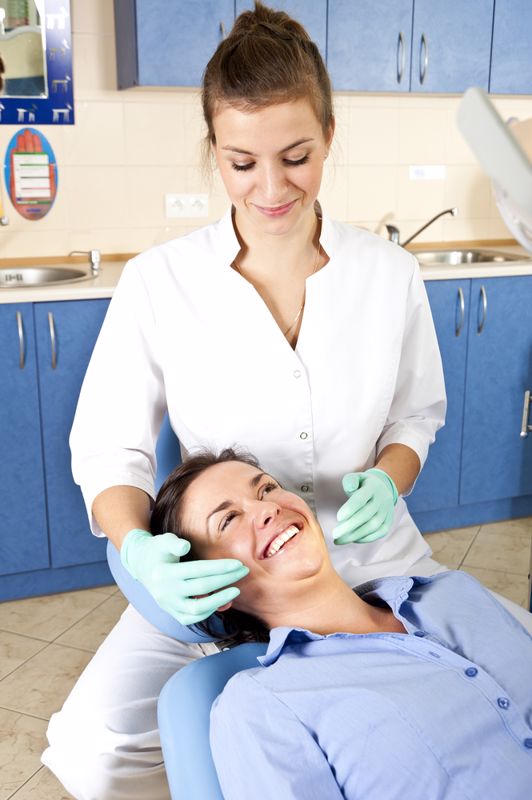Almost as long as there's been human civilization, people have been finding ways to clean their teeth. From Ancient Egypt to modern-day Wellington, dentists have been making smiles brighter. Here's how it all got started:
Early history
As early as 5,000 B.C.E. records show that both the ancient Sumerians (located in present-day Iraq) and Egyptians had practices in place to fight tooth decay or, as the Sumerians called it, tooth worms, according to Colgate. The Egyptians even developed their own form of toothbrushes and toothpaste. Brushes were made from twigs and lacked the bristles of today (more on that below). Egyptian toothpaste, meanwhile, typically included rock salt, iris flowers and even ox hooves and eggshells. The Egyptians were also the first people known to include mint in their toothpaste — the primary flavour used the world over today. Other ingredients used in ancient times included a long list of oddities, including oyster shells, bark, pumice and charcoal. Overall, the original toothpaste was far more abrasive than its modern counterparts.
In addition to early teeth cleaning innovations, the Egyptians are believed to be the first people to see a specialist for their teeth. Hesy-Re, a scribe who lived in around 26,000 B.C.E., is today believed to be the first-ever dentist, according to the American Dental Association.
The modern toothbrush
While the Egyptians were the first to use a device to apply toothpaste, the toothbrush as we know it began its story thousands of years later and miles away, in mediaeval China. Around 14,000 C.E., people began making fastening bristles out of pigs' hair, combined with a handle of bone or bamboo, according to Colgate. The new invention was eventually exported to Europe, where horsehairs were typically used instead of pigs. Other varieties used feathers. The first modern toothbrush, meanwhile, was invented by an Englishman named William Addis in around 1780, made with cattle bone and pig's hair. Nylon, the preferred material of toothbrush bristles today, wasn't invented or used in brushes until the 20th century.

Defining dentistry
Although dental care in some form or another was already common worldwide, it wasn't until the 1700s that it became a defined profession in the western world. In 1723, the French surgeon Pierre Fauchard published his book "The Surgeon Dentist, a Treatise on Teeth," a guide for dentists to come. Today, Fauchard is considered the father of modern dentistry. The 1700s also saw the development of some of the most important fundamentals of dentistry — including root canals, crowns and dentures. False teeth of the time were made from a variety of materials, including animal bone, ivory and even parts of other people's teeth.
The 1800s saw the addition of new technology and the increased prevalence of dentists. Some of those technologies — including general anaesthesia and X-rays — are the basis for what gets used in dentists' offices around the world today.
Dentistry in New Zealand
Like much of the rest of the world, dental care in New Zealand goes back as far as people have lived on the islands. Beginning around 1500, Maori people battled tooth decay by strengthening their teeth with harder food like fern root and shellfish, according to Te Ara – The Encyclopedia of New Zealand. The kind of dental care that had been popularised in Europe first made its way to New Zealand with early European settlers in the mid-1800s.
By 1880, an official registry of dentists was in place. The New Zealand Dental Association formed soon after, in 1905, and was rapidly followed by a national dental school two years after that. Today, the dentistry school at Otago University in Dunedin remains one of the primary dentistry schools in the country.
While it's already come a long way, dentistry is still continually innovating. City Dentists takes all the best ideas of modern dentistry and brings it under one roof, with a convenient location by the Wellington train station, professional staff and modern offices.
If you want to get your teeth looking better than ever, City Dentists can help. Contact us today to schedule an appointment.